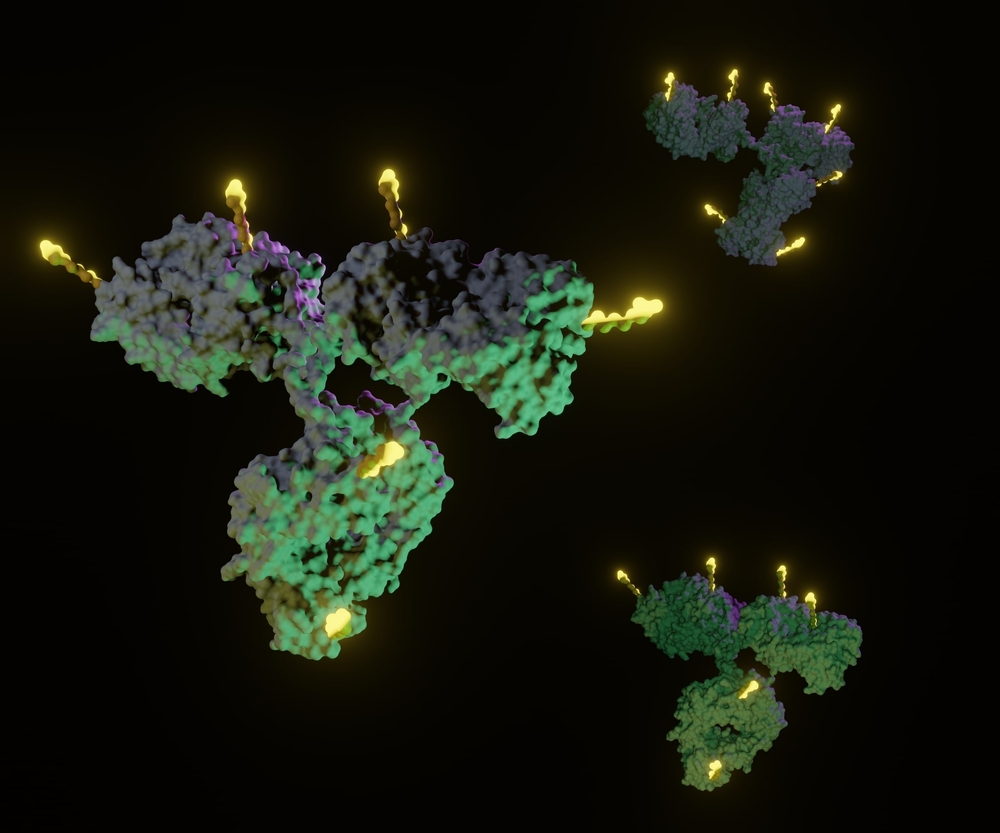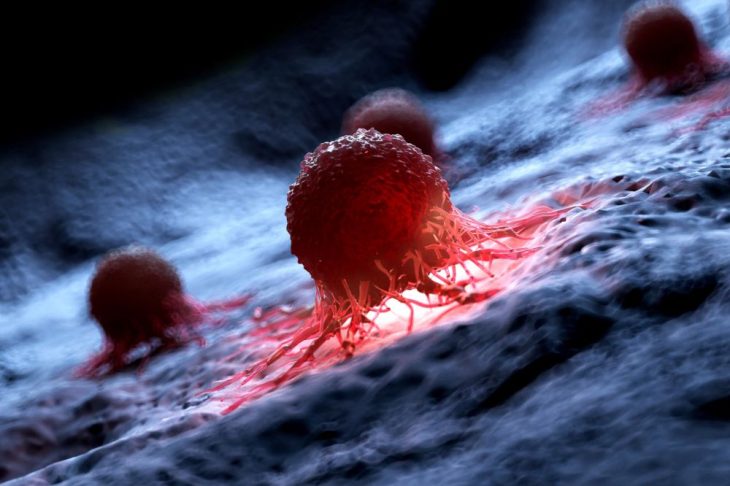
Gain a Deeper Understanding of Antibody-Drug Conjugates in Cancer Treatment
Antibody-drug conjugates (ADCs) are a class of targeted cancer therapies that have gained increasing importance in cancer management. Here are some key points about the use of ADCs in cancer treatment:
1. Mechanism of action:
– ADCs combine a monoclonal antibody that targets a specific tumour antigen with a potent cytotoxic drug or payload.
– The antibody binds to the target antigen on the tumour cell, and the drug is then internalized, leading to the selective killing of the cancer cell.
2. Target selection:
– The target antigen chosen for an ADC must be expressed on the surface of tumour cells but not (or minimally) on normal cells.
– Common targets include HER2, CD30, CD22, TROP2, and others that are overexpressed in various cancer types.
3. Payload selection:
– The cytotoxic drug or payload attached to the antibody is typically a highly potent compound, such as auristatins or maytansinoids.
– These payloads are designed to be more effective and less prone to drug resistance as compared to conventional chemotherapies.
4. Clinical applications:
– ADCs have been approved for the treatment of various haematological malignancies and solid tumours, including:
– Breast cancer (e.g., trastuzumab emtansine)
– Lymphoma (e.g., brentuximab vedotin)
– Acute lymphoblastic leukaemia (e.g., inotuzumab ozogamicin)
– Urothelial carcinoma (e.g., enfortumab, vedotin)
5. Advantages:
– ADCs offer the potential for improved efficacy and reduced systemic toxicity compared to conventional chemotherapy.
– They can overcome drug resistance mechanisms by delivering high concentrations of cytotoxic agents directly to the tumour cells.
– ADCs can also be used in combination with other cancer therapies, such as immunotherapy or targeted agents.
6. Challenges:
– Careful selection of the target antigen and the cytotoxic payload is crucial to achieve the desired therapeutic index.
– Issues related to drug-linker stability, bystander effects, and the development of resistance can still occur.
– Ongoing research is focused on improving the design and conjugation strategies of ADCs to enhance their therapeutic potential.
Overall, ADCs represent a promising and rapidly evolving class of cancer therapeutics that leverage the specificity of monoclonal antibodies to selectively deliver potent cytotoxic agents to tumour cells.


